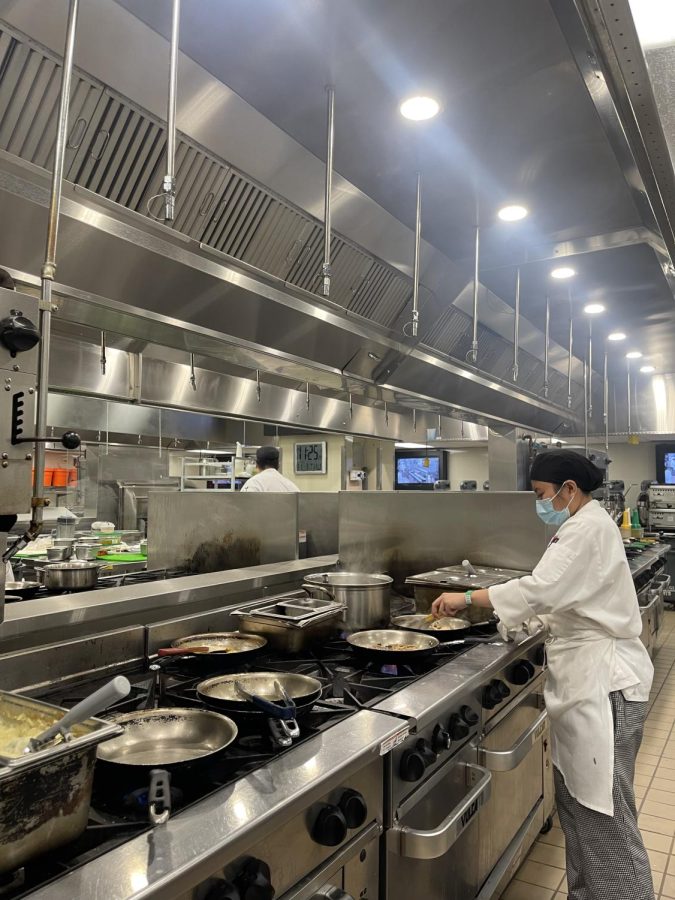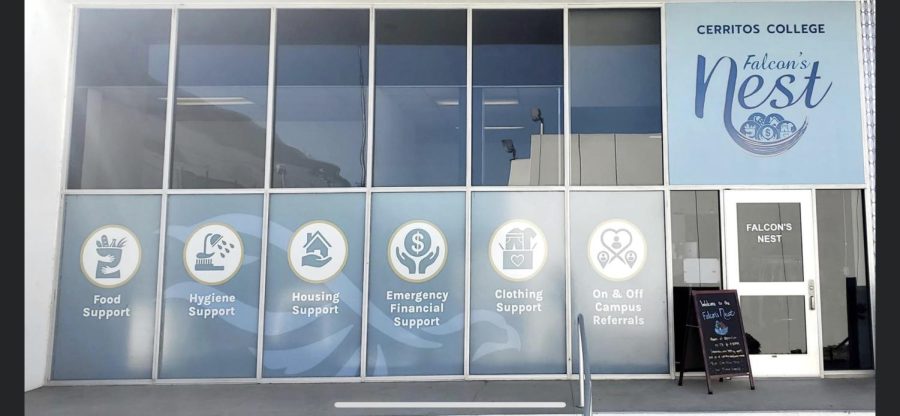College life comes with busy class schedules, piles of homework and long study sessions, but Student Health Services Dietician Hazel Ng says that these circumstances are not excuses for neglecting proper nutrition.
Ng is leading a free program that combines monthly nutritional talks and exercise to target students, faculty and staff, to give them the tools they need to live a healthier lifestyle.
This past week, the topic was “Healthy Dining — How to look for healthy options on-and-off campus”.
“It’s very easy for students to eat poorly because they have classes, jobs and some have kids at home,” Ng said. “It’s hard for them to have a regular eating schedule.
“Unfortunately, that is one of the main reasons why people gain weight or eat unhealthy.
“The Student Services is trying to target (students, faculty and staff) and help them to start thinking about what they have been eating and how it is affecting their schooling, life, energy levels and well-being.”
Ng said that the first step students need to take to start eating healthy is as simple as being aware of what they eat.
She added that students often skip breakfast, which makes the situation worse, but it’s an easy fix. Skipping meals can lead to decreased energy levels and overeating at later meals.
“Without enough energy, without glucose, our brains do not function well. It will be hard to focus, it makes us think slower and feel sluggish,” she said.
Newcomers to the talks will receive a food journal, which Ng said is the number one tool to aid in weight loss, to help keep track of what they consume.
“By just writing down what I ate everyday, I lost three pounds,” Jose Villa, English as a second language student said.
“When you write it down, it helps you avoid fat and eat what’s best.”
Since the program started three weeks ago, Villa, as well as other students involved, are already seeing positive results.
Karen Ortiz, business major, said, “I’ve learned how to portion my meals and manage calorie intake,” she continued “I’m a runner, but I started work recently so I haven’t had time to run. I thought I would gain weight, but I actually lost weight because of these classes.”
The health talks are held twice-a-month and consist of an hour-long class where Ng covers a different angle on nutrition each session. These classes also include group sessions where participants can share and relate to each other in the health goals.
Ng is also available for personal appointments for free, which she said can cost more than $100 outside of school.
Ng recommends the following tips:
Plan meals ahead of time. This helps you stay aware of what you are eating.
Drink water before meals to fill stomach and prevent overeating.
Avoid dips or any meal that has the word “cream” in it. It most likely has extra calories. When ordering soups, clear or broth dishes are better options.
Be aware of cooking methods. Some are healthier than others.
Avoid fried foods. Poached, roasted, grilled, broiled, seared, and boiled are healthier cooking methods.
Ng added that exercise is also important and she recommends at least 30 minutes of cardiovascular exercise every day.
“Good nutrition along with exercise helps bring up energy levels. And for the long term, as they lose weight, it helps prevent some of the health risks like diabetes and heart disease,” Ng said.
The next class will held at the Student Health Services Building on Tuesday at 12:10 p.m. and will focus on how to fuel properly before exercising.
Space is limited. Call the center at (562) 860-2451, Ext. 2321 to reserve a seat, or to receive more information.













